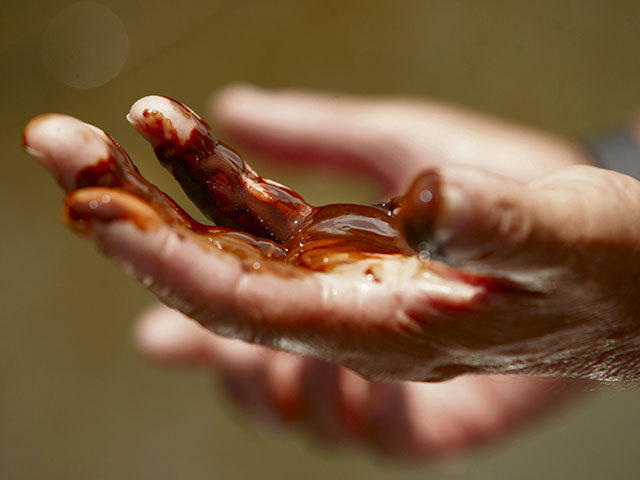
BP Plc lost a bid for a new trial on findings that it was grossly negligent in the 2010 Gulf of Mexico oil spill, a decision that exposes the company to $18 billion in pollution fines.
The loss follows multiple BP legal setbacks, including failed efforts to cut the cost of its settlement with spill victims. After being told by trial and appeals courts that it must live with the deal it negotiated, BP is awaiting a U.S. Supreme Court decision on whether it will hear the company’s complaint that the deal is being misinterpreted to compensate claimants BP says it didn’t intended to pay.
BP had asked U.S. District Judge Carl Barbier to reconsider a Sept. 4 ruling that BP’s exploration unit was grossly negligent and 67 percent at fault for the fatal well blowout that destroyed the Deepwater Horizon drilling rig off the Louisiana coast and led to the worst offshore oil spill in U.S. history.
Barbier rejected BP’s argument that the ruling was based on evidence he said he wouldn’t consider. The London-based company argued that Barbier improperly relied on the opinion of an expert witness hired by Halliburton Co.
BP itself “opened the door” to this testimony through cross-examination of the expert, Barbier said in his decision yesterday. “BP’s assertions it was unfairly surprised and prejudiced by the court’s reliance on this testimony lack any basis in fact or law,” the judge said.
The blowout and explosion aboard the Deepwater Horizon on April 20, 2010, killed 11 workers and caused millions of barrels of crude oil to spill into the gulf, harming wildlife and fouling hundreds of miles of beaches and coastal wetlands.
It also set off thousands of lawsuits against BP, Halliburton and Transocean Ltd., the owner of the drilling rig.
BP has spent more than $28 billion so far on spill response, cleanup costs and damages. The company’s taken a pre- tax charge to earnings of $43 billion to cover all anticipated spill costs.
In his Sept. 4 decision, Barbier ruled that Transocean was 30 percent liable for causing the disaster and Halliburton, which provided cement services for the project, was 3 percent liable. Barbier said neither of the subcontractors acted with willful recklessness during the drilling operation.
“We disagree with the court’s ruling today and will now move forward with our appeal of the Sept. 4 decision,” Geoff Morrell, a BP spokesman, said yesterday in an e-mailed statement.
The gross negligence ruling triggers maximum potential fines of $4,300 per barrel of oil spilled, under the Clean Water Act. The U.S. claims 4.2 million barrels were spilled into the Gulf. BP has estimated that the spill was 2.45 million barrels.
In its Oct. 28 earnings release, BP increased its estimated cost of its 2012 settlement of private spill-damage claims to $9.7 billion, advising investors the ultimate price tag “is likely to be significantly higher” as claims are still being filed and processed. BP’s settlement doesn’t include damage claims by state and local governments, financial institutions, casinos and companies harmed by the deep-water drilling moratorium that followed the spill, or damages to publicly owned natural resources.
As of Sept. 30, BP’s claims administrator had paid $4.15 billion in damage claims against $5.16 billion in outstanding offers, with thousands of damage claims still under review, according to a report filed with the court.
Recommended for you
